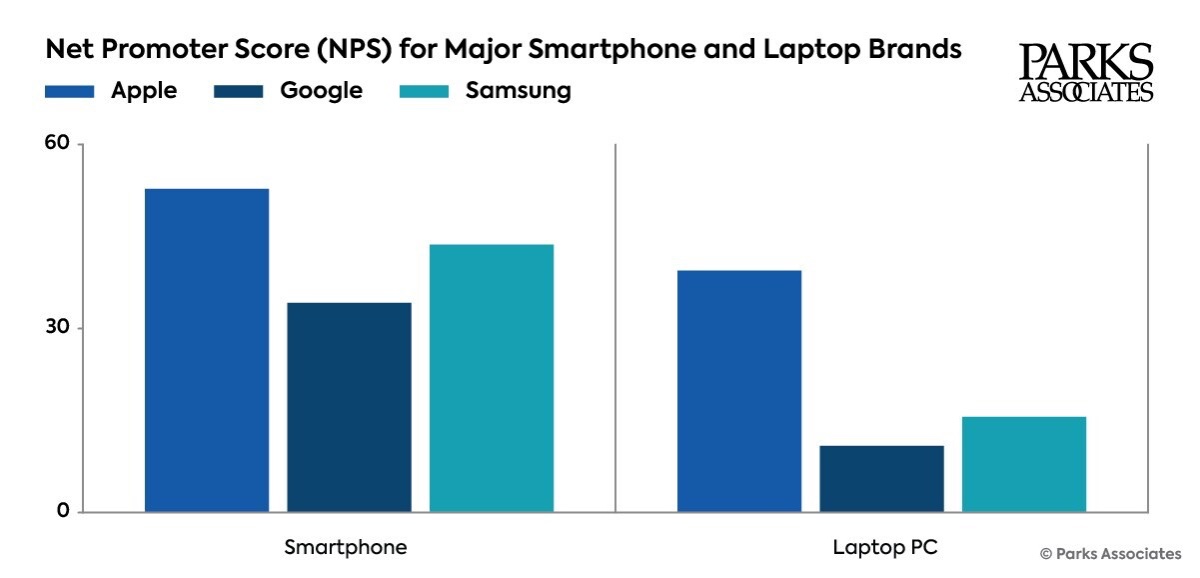- Research
- Research Memberships
- Visibility Memberships
- Smart Home: Products And Services
- Consumer Electronics and Entertainment
- Connectivity and Mobility
- Connected Health and Wellness
- MDU / Multifamily
- SMB
- Strategic Consulting Unit
- Channel Analytics
- Research Services
- Events
- Event
- Company
- About Parks Associates
- Smart Home: Products And Services
- Smart Home Devices, Automation, Controls
- Energy Management
- Residential Security
- Consumer Electronics and Entertainment
- Consumer Electronics Devices
- Video Services: OTT, Pay TV
- Entertainment Content: Video, Audio, Gaming
-
Research
Smart Home: Products And Services
Smart Home Devices, Automation, Controls
Energy Management
Residential Security
Consumer Electronics and Entertainment
Consumer Electronics Devices
Video Services: OTT, Pay TV
Entertainment Content: Video, Audio, Gaming
Connectivity and Mobility
Mobility
Wi-Fi and Home Networking
Support Services
Connected Health and Wellness
Wellness and Fitness
Independent Living
Telehealth
- Events
- White Papers
- Newsroom
- Company
- Contact Us



